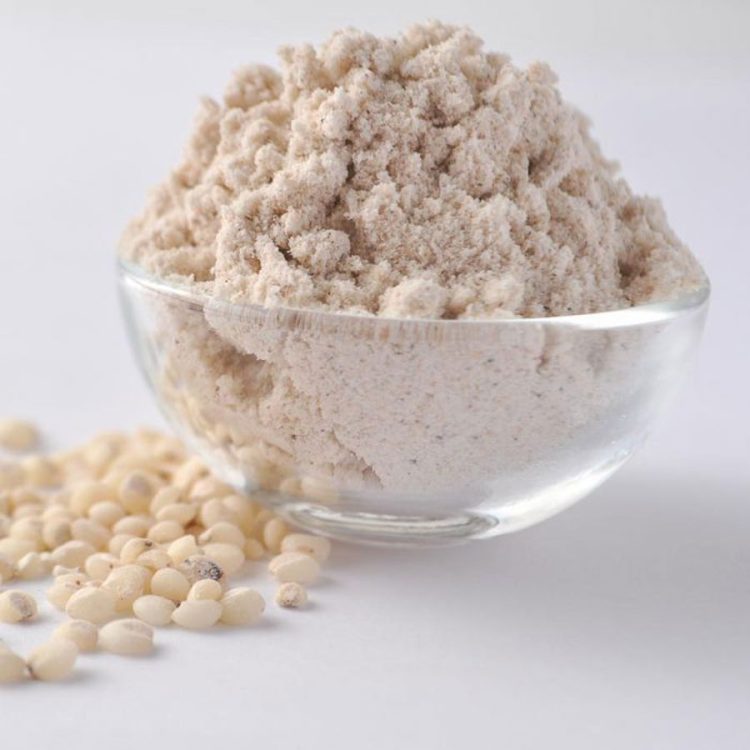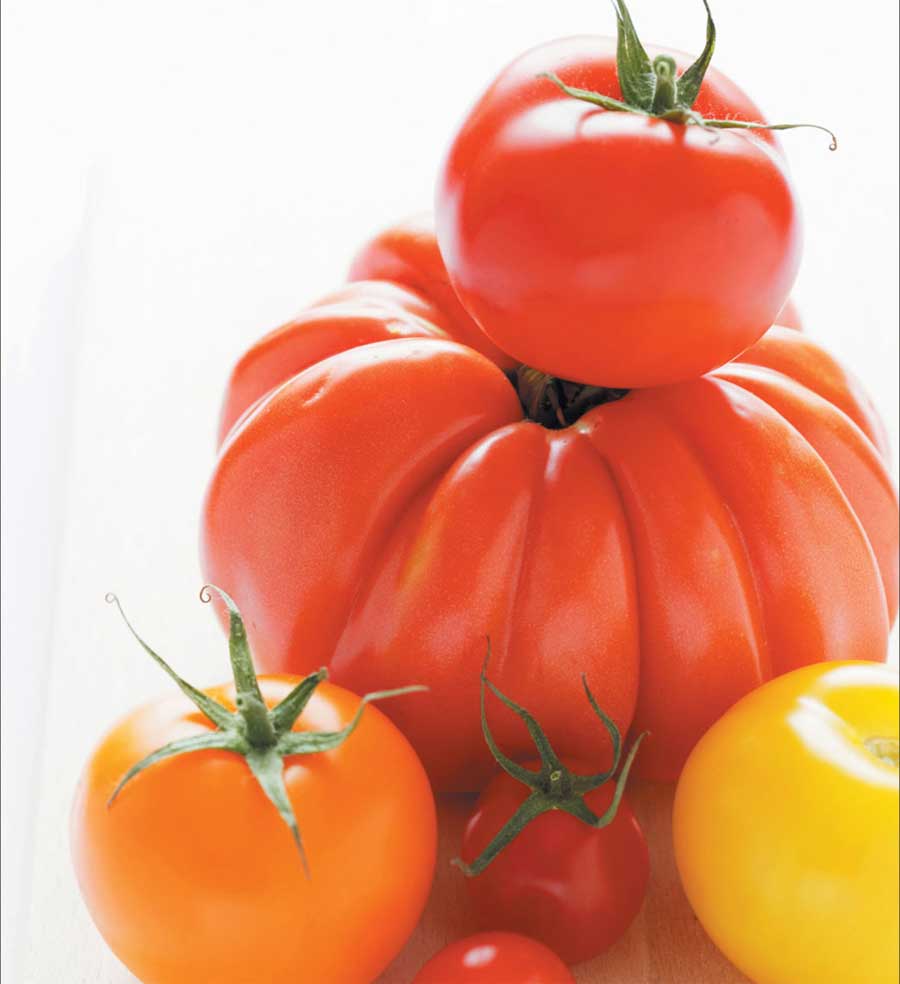What are Cornstarch Substitutes? Do you often use Cornstarch in many recipes and dishes? If so, you must often run out of cornstarch. Sometimes you are often confused to find a replacement. Here we will help you to find the best substitute for Cornstarch in various recipes.
Among the best Cornstarch Substitutes are all-purpose flour, rice flour, potato flour, tapioca flour and wheat flour. We will discuss all of them in this article.
If you don’t know what corn flour is, we want to say that this is flour that is obtained from grinding corn or grinding corn.
In many recipe preparations, cornstarch is the best thickener you will ever have. If you are preparing gravies, sauces, soups, marinades, and casseroles, then cornstarch is the best ingredient. But what happens if you don’t find corn flour, of course you have to get the best Cornstarch Substitutes.
Cornstarch In The Culinary World
Cornstarch is flour obtained from the endosperm of corn, then mixed with other ingredients to make it as a thickener. Corn flour can be said to be an important ingredient in thickening and in making syrups and sugar. So when there is no corn flour, of course we have to find the best corn flour substitute.
Most people think that cornstarch is the same as cornstarch, but the two are not at all the same. The cornstarch is derived from corn kernels or corn kernels, while corn flour is flour from dry and ground corn kernels.
Cornstarch is an ingredient that is generally used in thickening foods such as thickening soups, sauces, and others. Cornstarch is also one of the best substitutes for flour in baking. In gluten-free cooking, Cornstarch is also an important and main ingredient. In fact, not only in the culinary world, cornstarch is also widely used in the textile, adhesive and medical industries.
Cornstarch On The Health Review
Cornstarch is a thickening agent that is very widely used in recipes and others. It is a gluten-free thickener and does not contain many nutrients and this is why many people refer to it as an unhealthy food ingredient. Whereas Cornstarch helps increase calorie intake and helps you get a lot of energy. But if you consume cornstarch in excessive amounts, this can trigger blood sugar.
So to avoid unwanted things like increasing blood sugar, maybe you want to use the best substitute for cornstarch. Maybe this is one of the reasons why we now have to replace cornstarch with other ingredients that have the same or almost the same consistency, taste and texture.
Why Should We Substitute Cornstarch?
Actually, it’s not because it’s out of cornstarch that we need to find a replacement. But more to the health benefits of cornstarch which is said to be very dangerous if consumed in excess. So for reasons like this we are very important to know what is the best substitute for cornstarch. Well, by replacing cornstarch with other ingredients, we will be safer from the side effects of cornstarch that may occur.
In addition, another reason why you should look for a substitute for cornstarch is because of possible allergies. If you are allergic to corn and corn-derived products, you should definitely look for the best substitute for cornstarch.
Ok, with various reasons above, we have to find the best substitute for cornstarch. Here we will discuss some of the best substitutes for cornstarch as compiled by thefoodxp.
11 Best Cornstarch Substitutes
We have explained at length about cornstarch, now we will know one by one the best substitute for cornstarch. Let’s look at the following:
1. All-Purpose Flour
All-purpose flour is a type of flour from paper or soft wheat varieties. There are also those who call it refined flour. Wheat grains that have been mashed by grinding, then whitening and then becoming an all-purpose flour whose use is to make cakes, is used because of its thickening properties. This flour is said to be not-so-healthy since the bran and germ are removed for production. It is a great source of micro-nutrients for health.
All-purpose flour can thicken, and it doesn’t have a distinctive aroma so it’s a great substitute for cornstarch. All-purpose flour is used in stews, soups, gravies and sauces. When replacing cornstarch with all-purpose flour, you should use two tablespoons of all-purpose flour for one tablespoon of cornstarch. Pay attention to the comparison so that what you expect you can get as expected.
2. Potato Starch
Potato flour is starch from potato starch. Potatoes are cleaned, peeled and finely ground to a fine powder (flour). Potato flour is also a thickening agent like cornstarch.
So, potato flour is also a good ingredient for thickening soups, stews, pies and puddings. Potato flour is a healthy food that can control blood sugar and is an important food to increase the body’s metabolism.
The texture is thick, the taste is bland, so it is classified as one of the best substitutes for cornstarch. To get good recipe results, the addition of potato flour is done at the next stage of the cooking process. To replace cornstarch, use potato starch in a 1:1 ratio.
3. Wheat Flour
Then, the best substitute for cornstarch is wheat flour. It is the result of wheat powder. Soft or hard wheat varieties are used to make wheat flour. Wheat flour is also known as a thickening agent in cooking, it can thicken sauces, rouxes.
The use of wheat flour is to make pancakes, bread, and various other baked goods. The benefits of wheat flour are good for heart health because it is rich in fiber and protein.
You might also see:
- 6 Best Turbinado Sugar Substitutes Worth Trying
- Raw Buckwheat Honey Benefits and Where to Get It
- Natural Remedies or Treatment for SIBO
Why is wheat flour a good substitute for cornstarch? It is because of its thick texture, and slightly spicy and thick that it is considered good as one of the best substitutes for cornstarch. To produce a thick paste without lumps, it looks like wheat flour needs to be added with more water.
To replace one tablespoon of cornstarch, use two tablespoons (2 tablespoons) of wheat flour.
4. Rice Flour
Rice flour is the result of milling rice or pounding rice. In the past, rice flour was traditionally ground from white rice grains. But as the times progressed, now there are many modern flour mills that can quickly produce rice from a rice mill. But sometimes there are also those who make rice flour from brown rice, black rice and others, but this is not commonly found.
Rice flour is also considered as a thickener in making rice cakes, benders, noodles, and pastries. Rice flour is gluten free and rich in fiber and protein which is good for liver health.
It is thick in texture, light in taste, and is one of the best substitutes for cornstarch. To replace one tablespoon of cornstarch, you should use two tablespoons of rice flour.
5. Arrowroot Powder
Arrowroot powder is also known as “Maranta arundinacea”. It is the root of the plant which is dried and then ground to get a fine powder.
Flour from the roots of this plant is also known as arrowroot flour or arrowroot starch. Arrowroot powder is used to thicken sauces, puddings and jellies and is also popularly known as all-purpose flour. It is also known as a cake thickener and can be used as a substitute for other thickeners such as the best substitute for cornstarch. Arrowroot powder is a great source of B vitamins and is gluten free and nutrient-rich too.
Among its characteristics are having a smooth texture, bland taste, this causes it to be used as a substitute for cornstarch. To replace 1 tablespoon cornstarch, use two tablespoons arrowroot powder.
6. Tapioca Starch
Tapioca Starch is starch from the roots or tubers of the cassava plant. It is a gluten-free thickening agent and can also be used as an additive in baking as a stabilizer.
Tapioca Starch is also used as an ingredient when making pies, puddings, breads, soups, and sauces. There is a very good side of Tapioca Starch, where it includes allergy-friendly ingredients, it is also rich in calcium and iron which are good for bone health.
It is the best substitute for cornstarch, its texture is smooth, and it is tasteless. Indeed, some cassava contains cyanide which is harmful, but this substance will be lost during processing. If you compare the density level, cassava is lighter than cornstarch, then when using Tapioca Starch as the best substitute for cornstarch, you should increase the quantity of Tapioca Starch. Use in a 2:1 ratio (two tablespoons of tapioca starch and 1 tablespoon of cornstarch).
7. Sorghum Flour
Its name is sorghum flour because it is obtained from grinding sorghum. The use of Sorghum Flour is to make gluten-free cakes and breads. It is also made to thicken porridge, stews, and is also used as an additional ingredient in making alcoholic drinking water.
Sorghum Flour contains fiber, iron, protein, which are good for health.
The taste of Sorghum Flour is light, sweet, with a smooth texture, making Sorghum Flour the best substitute for cornstarch. Usually, it is used as a substitute for cornstarch in soups, stews, and chowder recipes. The density is also the same as cassava flour, you can use it in a ratio of 2 tablespoons Sorghum Flour to 1 tablespoon cornstarch.









